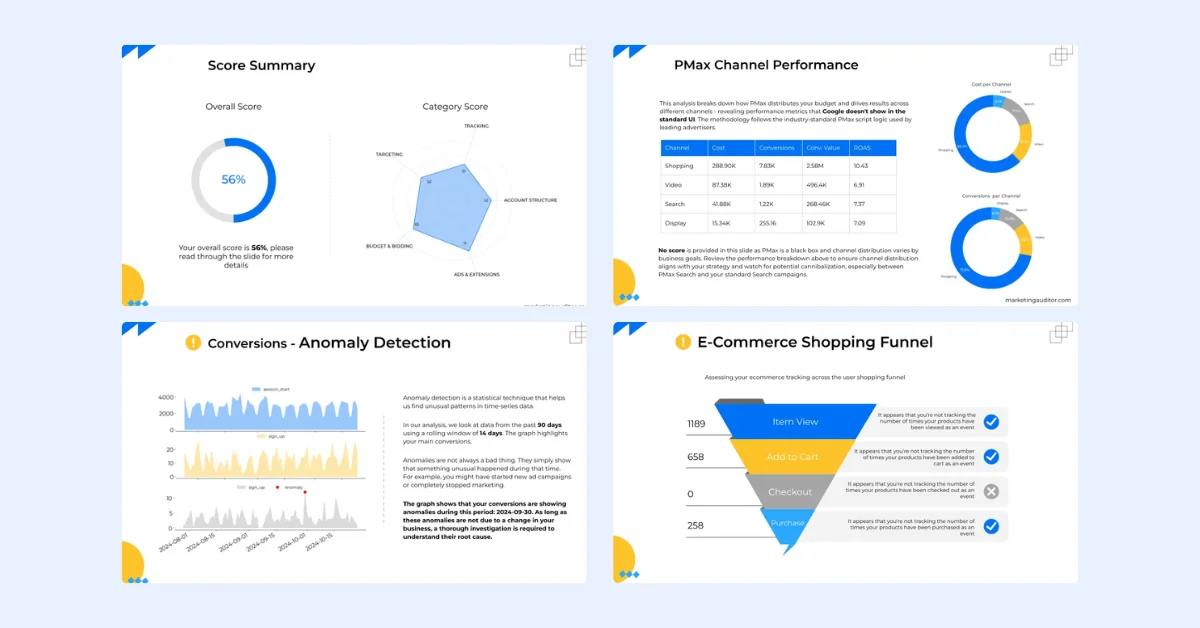Google's generative AI models, Gemini 1.5 Pro and 1.5 Flash, are touted for their ability to process and analyze vast amounts of data. However, recent research indicates these models may not be as effective as claimed.
Research Findings
Two studies examined the performance of Gemini models on large datasets:
- Document-Based Tests: Gemini 1.5 Pro and Flash struggled to answer questions about lengthy texts, with accuracy rates between 40% and 50%.
- Video Reasoning Tests: Gemini 1.5 Flash performed poorly in tasks requiring it to reason over video content, achieving only 50% accuracy in simple tasks and dropping to 30% in more complex ones.
Context Window Limitations
- Context Window: Refers to the input data a model considers before generating output.
- Gemini's Capability: Can process up to 2 million tokens, equivalent to 1.4 million words, 2 hours of video, or 22 hours of audio.
- Performance Issues: Despite the large context window, the models failed to understand and reason over long documents effectively.
Overpromising and Under-Delivering
- Google's Claims: Marketed Gemini's context window as a significant advantage.
- Reality Check: Studies reveal that the models do not perform well on complex reasoning tasks over long contexts.
- Industry Scrutiny: Generative AI is under increased scrutiny due to unmet expectations and limitations.
Need for Better Benchmarks
- Current Benchmarks: Existing tests, like "needle in the haystack," only measure simple retrieval tasks.
- Call for Improvement: Researchers advocate for better benchmarks and third-party critiques to accurately assess AI capabilities.
Google's Gemini models, while technically advanced, fall short in practical applications involving complex data analysis and reasoning. The industry needs more rigorous benchmarks to validate AI performance claims.











